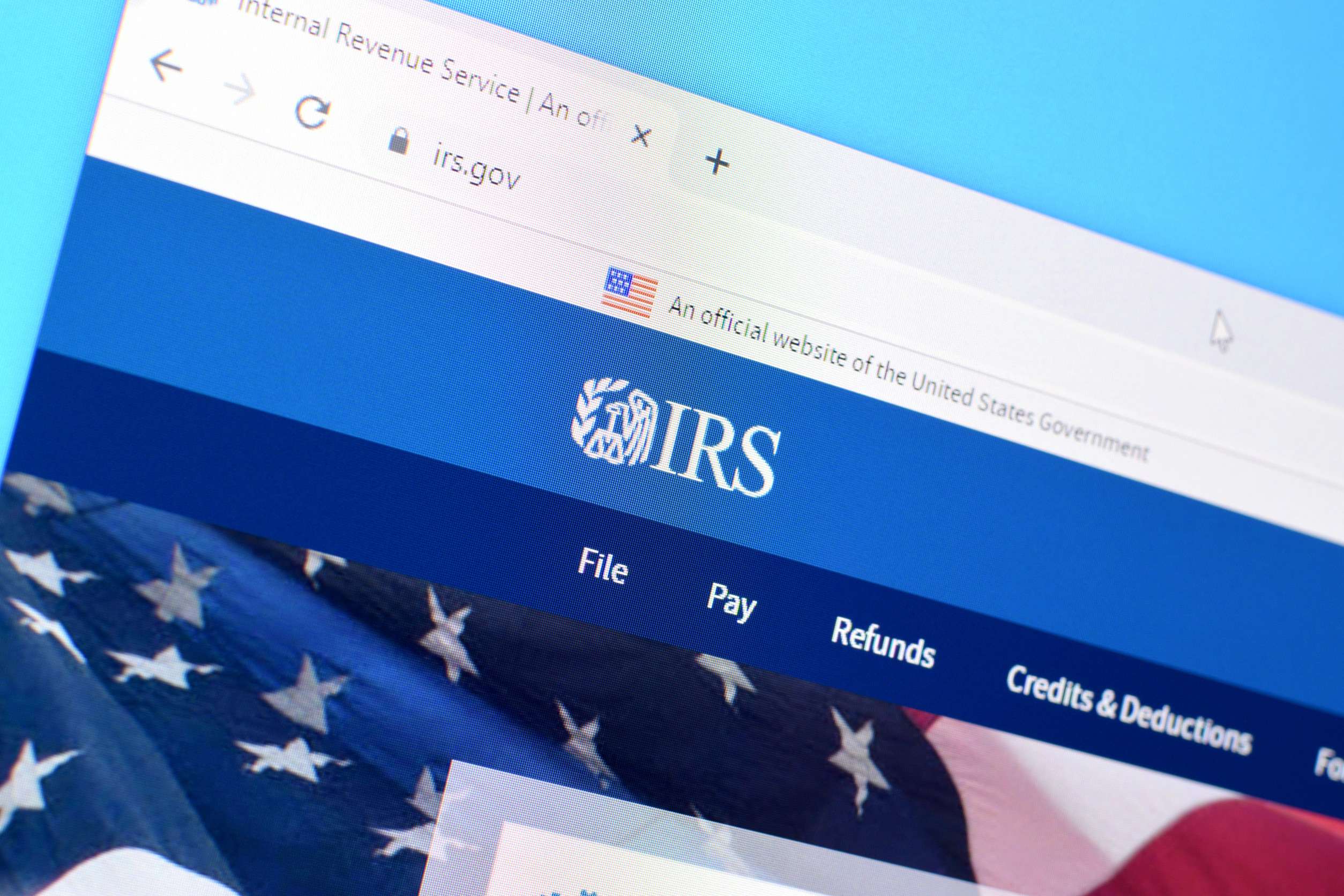
The IRS has long been a source of stress for American taxpayers, but in recent years, middle-class households have been blindsided by notices they never saw coming. These aren’t just routine letters—they’re the kind that upend family budgets, throw retirement plans into chaos, and make even the most financially responsible individuals question their stability. With complex codes and often vague explanations, the shock isn’t just in the numbers but in the sheer confusion they create.
For many, these notices arrive like lightning bolts—unpredictable, fast, and disruptive. Here’s a breakdown of seven IRS communications that caught middle-class Americans off guard and why they matter now more than ever.
1. Notice CP2000 – The “You Owe More Than You Thought” Letter
The CP2000 notice is sent when the income reported on a tax return doesn’t match what third parties—like employers or banks—reported to the IRS. Many middle-class households receive this notice months after filing, only to discover they owe hundreds or thousands more in taxes. It often comes with proposed penalties and interest that quickly snowball. The shock factor here lies in its unexpected nature—families who thought their taxes were squared away suddenly face a bill they weren’t prepared for. Even worse, the IRS assumes their calculations are correct unless the taxpayer provides solid evidence to dispute them.
2. Notice CP523 – Installment Agreement Default Warning
This notice hits when a taxpayer has fallen behind on a payment plan they had arranged with the IRS. Middle-class families relying on these agreements to stay afloat can find themselves in sudden financial jeopardy when the IRS threatens to terminate the deal. The notice gives only 30 days to respond before serious collection actions—like wage garnishments—kick in. It’s particularly jarring for households that were already financially stretched, thinking they were in compliance. A default warning can mean going from stability to crisis in just a few lines of fine print.
3. Letter 5071C – Identity Verification Request
Letter 5071C is a request from the IRS for taxpayers to verify their identity, often triggered by suspected identity theft or fraud. While intended to protect, it causes panic for honest, middle-income filers who wonder if their personal data has been compromised. The notice requires quick action—usually within 30 days—or the taxpayer’s return won’t be processed. For families counting on a refund, this delay can be financially devastating. Worse still, the verification process isn’t always smooth, often requiring time-consuming phone calls or in-person appointments.
4. Notice CP14 – Initial Balance Due Notification
Notice CP14 is the IRS’s formal way of saying, “You owe us money.” It’s typically the first notice a taxpayer receives when there’s an unpaid balance, but for many, it comes out of the blue. Households that thought their taxes were covered through paycheck withholdings are especially stunned. The balance is usually due within 21 days, and interest begins to accrue immediately. It’s a sharp and sudden wake-up call that shifts a family from tax-neutral to owing status overnight.
5. Letter 668D – Release of Levy After Seizure
This letter notifies taxpayers that the IRS has released a levy on their bank account, wages, or property—usually after the debt has been paid or resolved. While it sounds like good news, the real shock is the realization that a levy happened at all. Many middle-class earners aren’t aware their accounts were being targeted until it’s too late. Seeing part of a paycheck or a bank balance vanish without warning is more than unsettling—it’s terrifying. The emotional and logistical chaos that follows leaves lasting scars, even after the levy is lifted.

6. Notice CP3219A – Statutory Notice of Deficiency
This is the IRS’s way of officially stating that a taxpayer owes more than they originally reported and has the right to challenge it in Tax Court. It often follows earlier notices that may have been ignored, lost, or misunderstood, making it the first real sign of trouble for some. The wording is legalistic and dense, which adds to the confusion and urgency. For middle-income households that don’t have a tax attorney on speed dial, it’s an overwhelming document. Missing the deadline to respond can mean accepting the IRS’s numbers by default, no matter how inaccurate they might be.
7. Notice CP91 – Intent to Levy Social Security Benefits
Perhaps the most alarming for older middle-class taxpayers, Notice CP91 warns that the IRS is planning to take a chunk of monthly Social Security payments. It’s a last-resort tactic, but one that’s becoming more common as unpaid tax debts rise. For retirees living on fixed incomes, this notice feels like a direct threat to their survival. There’s often disbelief—many assume Social Security is untouchable until this letter proves otherwise. The short timeline to respond adds pressure, often forcing quick legal or financial decisions.
Don’t Ignore the Envelope
IRS notices are rarely welcome, but some carry the kind of impact that can derail even well-planned lives. Middle-class families are particularly vulnerable because they often earn too much to qualify for assistance programs yet not enough to absorb surprise financial hits. These notices can arrive without warning, using language that’s hard to interpret and deadlines that are easy to miss. Knowing what to expect—and how to react—can mean the difference between a temporary problem and a long-term crisis. The key takeaway: if a letter arrives from the IRS, open it immediately and act quickly.
Have you or someone you know received one of these IRS notices? The impact on middle-class households is real—and growing. If you’ve faced one of these letters or have insights about how to handle them, leave a comment below.
Sharing stories and strategies can help others stay informed and prepared. Tax time shouldn’t be terrifying, but when it is, it helps to know you’re not alone.
Read More
6 Questions Every First-Time Home Buyer Should Ask Their Realtor
The Financial Abuse Tactic That Looks Like Romance at First
The post 7 IRS Notices That Shocked Middle-Class Households appeared first on Everybody Loves Your Money.



.jpg?w=600)



